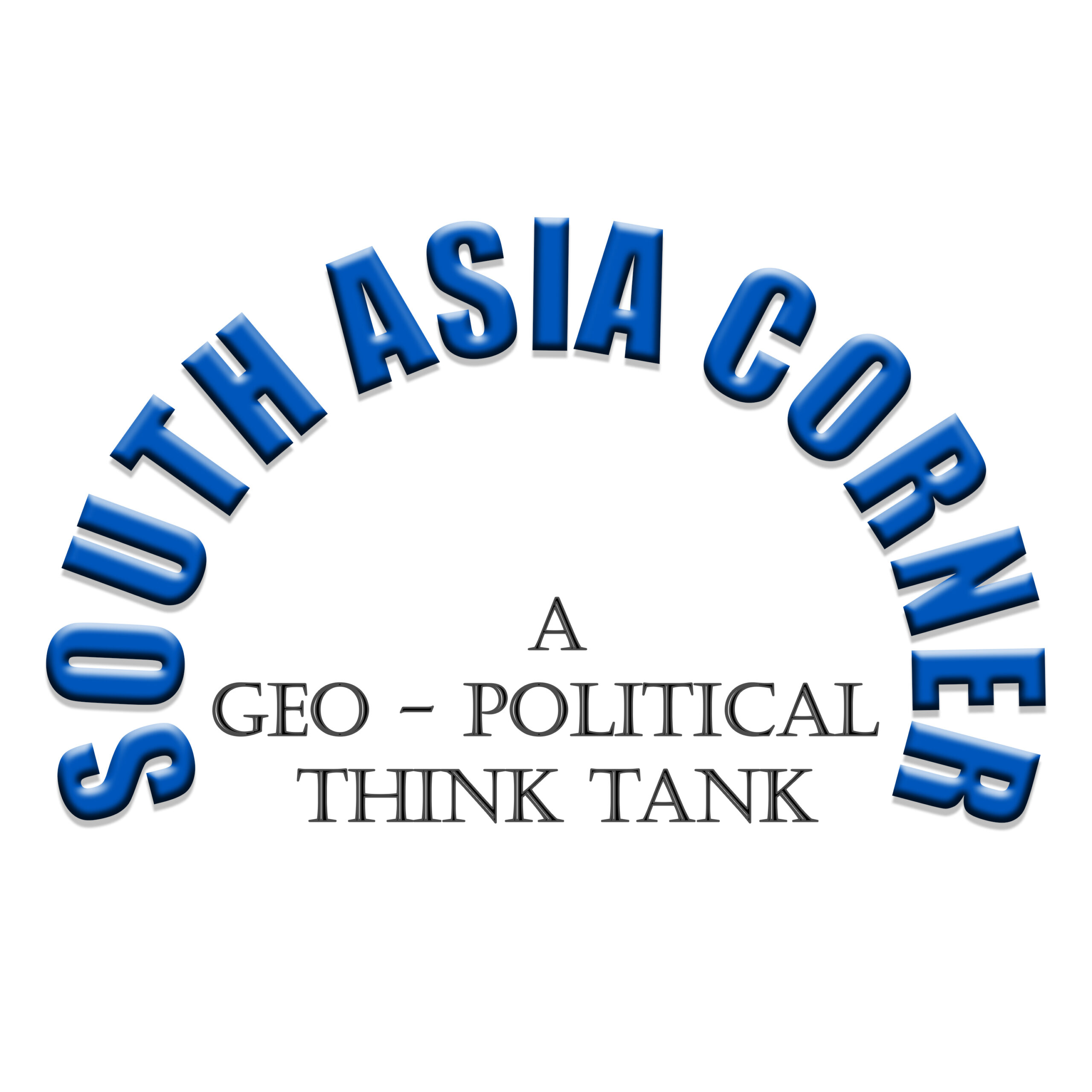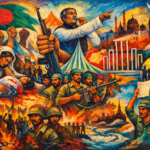Since its establishment in 1947, Pakistan has undergone a turbulent journey concerning elections and democratic governance. The electoral history of Pakistan, from the 1950s to the present, portrays a story filled with military meddling, coups, and prolonged military rule. Despite intermittent shifts towards civilian rule, the shadow of military involvement has consistently loomed over the democratic process, often leading to setbacks and obstacles in the nation’s pursuit of democratic stability.
In the initial years post-independence, Pakistan witnessed the struggle of a fledgling democracy trying to find its footing. The 1954 general elections marked a significant step as the nation embarked on its democratic journey. However, the fragile democratic structures soon succumbed to military interference. In 1958, Pakistan faced its first military takeover, led by General Ayub Khan, derailing the democratic process. The suspension of the constitution and the imposition of martial law plunged the nation into an extended period of military rule.
General Ayub Khan’s regime, characterised by authoritarianism and centralised control, perpetuated the military’s dominance in politics. Despite the introduction of a new constitution in 1962 and the establishment of a presidential system, democratic freedoms remained restricted. Electoral processes under Ayub’s rule were tainted by allegations of manipulation and rigging to uphold military power. The imposition of martial law in 1969 further emphasised the military’s grip on governance, stifling democratic dissent.
The most tragic phase in Pakistan’s history of military intervention unfolded during the events surrounding the 1971 war and the subsequent separation of East Pakistan, which became Bangladesh. Despite the overwhelming victory of the Awami League in the 1970 general elections, the Pakistan Army, under General Yahya Khan, disregarded the people’s choice, denying the Bengali population their rightful representation. This defiance led to a brutal crackdown and genocide, resulting in widespread atrocities and the loss of innocent lives. The military’s failure to heed the aspirations of East Pakistanis underscored the dire consequences of military intervention and authoritarianism.
The spectre of military intervention continued with another coup in 1977, as General Muhammad Zia-ul-Haq seized power from Prime Minister Zulfikar Ali Bhutto, citing electoral fraud allegations. Bhutto’s subsequent execution in 1979 highlighted the vulnerability of civilian leaders to military authority. Zia’s regime brought forth a period of strict authoritarianism, marked by political suppression and martial law.
The death of General Zia in 1988 led to a brief return to civilian governance. However, the transition was fraught with challenges as the military retained significant influence behind the scenes. The 1990s saw tumultuous democratic experimentation with alternating civilian and military rule. Despite efforts to restore democratic institutions, military intervention continued to cast a shadow over the electoral process, hampering genuine democratic progress.
The dawn of the new millennium ushered in another tumultuous phase as General Pervez Musharraf seized power in a bloodless coup in 1999, ousting Prime Minister Nawaz Sharif. Though initially praised for promises of economic reform, Musharraf’s regime soon became synonymous with authoritarianism and restrictions on civil liberties. Allegations of electoral manipulation tarnished the legitimacy of elections under his rule.
The transition to civilian rule in 2008 offered a glimmer of hope for Pakistan’s democracy, witnessing the first peaceful power transfer between civilian governments. However, the legacy of military intervention continued to haunt the electoral process. Allegations of electoral fraud and the military’s role in shaping political outcomes remained persistent challenges to democratic governance.
The electoral history of Pakistan, spanning over seven decades, portrays a complex tapestry of democratic aspirations, military interventions, and struggles for civilian supremacy. Despite sporadic transitions to civilian rule, military interference has hindered the democratic process, impeding the nation’s journey towards genuine democratic consolidation. As Pakistan charts its political future, addressing the legacy of military intervention and promoting a culture of democratic accountability will be crucial for ensuring a stable and inclusive political landscape.







It’s in fact very complex in this full of activity life to
listen news on Television, therefore I simply use web for that reason,
and get the newest information.
Simply want to say your article is as astonishing. The clearness in your post is simply cool and i could suppose you are
knowledgeable on this subject. Fine with your permission allow me to grab your feed to stay up to date
with forthcoming post. Thank you 1,000,000 and please continue the gratifying work.
I just couldn’t go away your website prior to suggesting that
I actually loved the standard info a person supply for your visitors?
Is gonna be again regularly in order to check out new posts
Heya i am for the first time here. I came across
this board and I find It truly useful & it helped me out much.
I hope to give something back and aid others like you helped me.
I have read so many posts regarding the blogger lovers but this post is
really a pleasant post, keep it up.
I think this is one of the most vital info for me. And i am glad
reading your article. But want to remark on few general things, The
website style is wonderful, the articles is really nice :
D. Good job, cheers
Quality articles or reviews is the secret to invite the users to go
to see the site, that’s what this site is providing.
Good day very cool website!! Guy .. Beautiful ..
Superb .. I’ll bookmark your web site and take
the feeds also? I’m glad to search out a lot of
helpful info right here within the put up, we need
develop extra strategies in this regard, thank you for sharing.
. . . . .
After I initially left a comment I appear to have clicked on the
-Notify me when new comments are added- checkbox and from
now on each time a comment is added I receive four emails with the exact same comment.
Is there a means you are able to remove me from that service?
Appreciate it!
Hi there! I understand this is kind of off-topic however
I needed to ask. Does managing a well-established blog like
yours take a large amount of work? I am brand new to operating a blog however I do write in my diary
on a daily basis. I’d like to start a blog so I can easily share
my own experience and thoughts online. Please let me know if you have any kind of suggestions or tips for
new aspiring bloggers. Appreciate it!
If you want to grow your know-how simply keep visiting this web site and be updated with
the newest gossip posted here.
WOW just what I was looking for. Came here by searching for definition of whole child approach